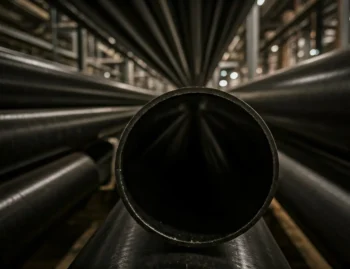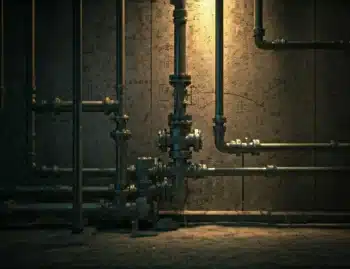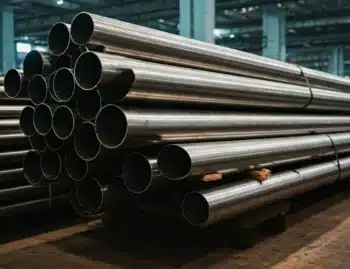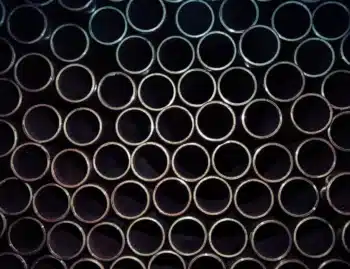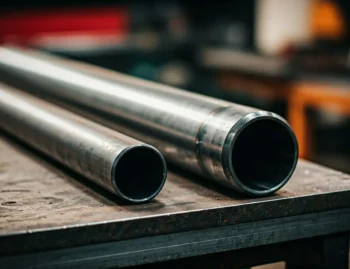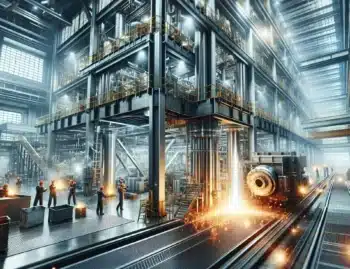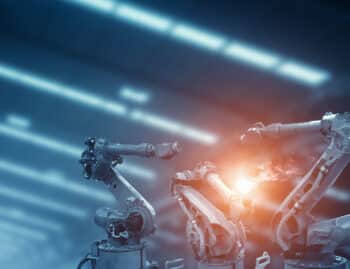 Steel companies and employees are assessing how the 2016 presidential election could impact their profitability. American steel manufacturing’s issues are primarily caused by China’s aggressive trade policies.
Steel companies and employees are assessing how the 2016 presidential election could impact their profitability. American steel manufacturing’s issues are primarily caused by China’s aggressive trade policies.
Their steel exports were recorded at the second-highest level back in June 2016, despite claims by government officials that steel production output would be reduced by 280 million metric tons this year. 10.94 million metric tons of steel represented a 23 percent increase compared to 2015 statistics, much skepticism exists over China’s willingness to keep its word.
Although Hilary Clinton and Donald Trump have their political disagreements, both candidates included creating programs designed to build infrastructure with domestic steel in their campaigns. These are the effects that either candidate could have on the industry.
Chinese steel dumping’s effects on local manufacturers
John Ferriola, a Nucor Corp. executive, pointed to overproduction as the largest source of the steel industry’s troubles, claiming that the Chinese “are winning.” Back in March 2016, the Commerce Department issued 266 percent tariffs on Chinese steel imports. It was not the first instance of China’s steel manufacturers facing punishment as they faced 256 percent duties in December 2015.
Relations between the United States and China soured, although an agreement between the parties was hailed as a temporary victory in the repair process. Those sentiments faded after China created an incentive for the banks to extend greater credit to exporting companies.
The overcapacity issue will likely persist in the future contributing to rising populist attitudes among the American public. If either Trump or Clinton takes office, implementation of stronger policies against China will be taken, with the possibility of trade wars hurting the steel industries of both countries.
Steel Unions and Their Presidential Endorsements
In lieu of rising tensions, the United Steelworkers endorsed Clinton because of her positions against right-to-work legislation. A representative of the company said, “As a senator, Hilary Clinton has stood with us, and the labor movement more than 90 percent of the time.”
In contrast, union members are split on Trump and his policies. Richard Cucarese, a rapid response coordinator for United Steelworkers, criticized his “positive and adversarial relationships with unions,” and used this reason to advise other members to avoid voting for Trump. In contrast, Bill Raney, West Virginia Coal Association’s president endorsed Trump in May 2016, praising his support of steel production.
More Tariffs and Trade Cases Against China By The Candidates
While visiting Munster Steel’s Indiana facility, Clinton said, “I’m going to make the steel industry’s survival one of my top priorities.” In her plan, she would appoint a trade prosecutor to draft trade cases against China’s predatory pricing practices. By comparison, Trump doesn’t support the Trans-Pacific Partnership and vowed to remove the country from NAFTA agreements. He would also have his Treasury Secretary brand China as a “currency manipulator.”
Summary
It doesn’t matter how Trump and Clinton differentiate themselves politically. Both want to bring action against China, which steel manufacturers would need to monitor closely. The effects will have consequences for everyone involved.


